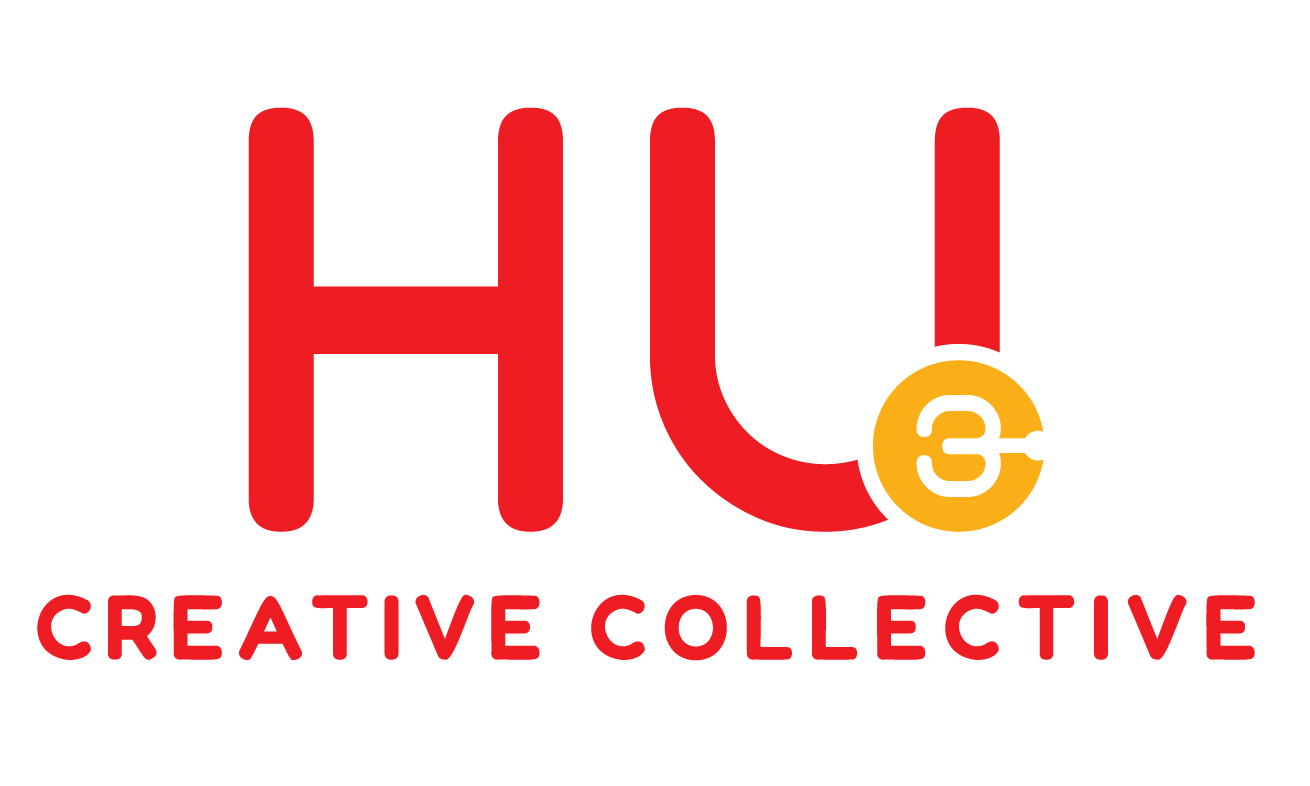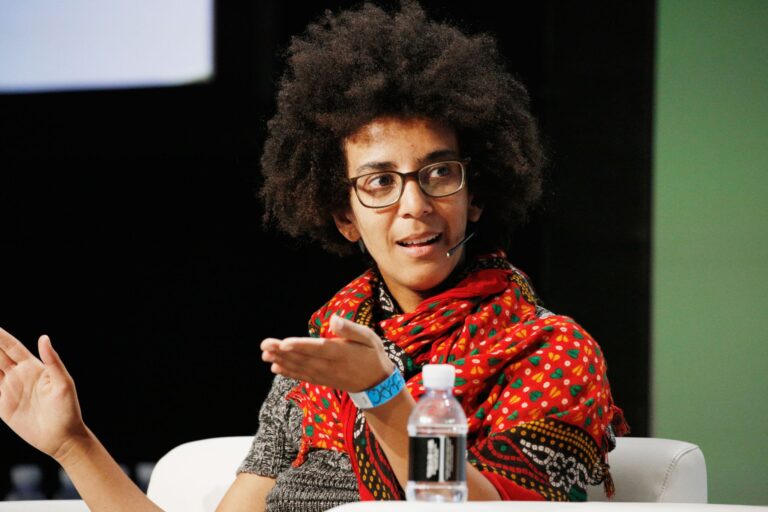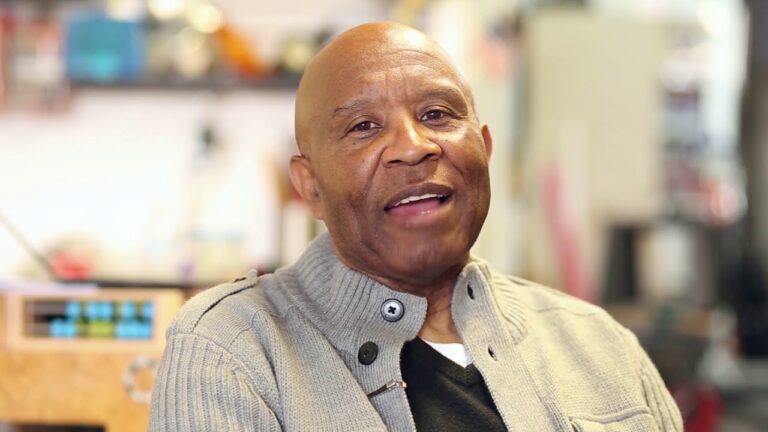
By: Omari Bakari
Africa stands at a pivotal moment, with rapidly growing economies and a population projected to exceed 2.5 billion by 2050. To harness the potential of the Fourth Industrial Revolution (4IR) and foster sustainable development, Africa faces an urgent need to bolster its educational infrastructure, particularly in areas such as technology, renewable energy, health, and agriculture. One promising solution lies in building partnerships with Historically Black Colleges and Universities (HBCUs). These institutions, with their deep history of empowering underserved communities and their strong expertise in STEM fields, can play a critical role in developing Africa’s educational systems to meet the continent’s pressing needs.
The digital transformation underway across Africa has opened new avenues in sectors like fintech, mobile technology, and e-commerce, yet the continent faces a severe shortage of skilled workers in software development, artificial intelligence (AI), data science, and cybersecurity. These fields are essential for Africa’s integration into the global digital economy, driving innovation and entrepreneurship. HBCUs, known for producing a substantial proportion of Black STEM graduates in the United States, are well-positioned to partner with African universities to bridge this skills gap. Through faculty exchanges, joint research programs, and curriculum development in STEM fields, HBCUs can help African institutions train the next generation of tech leaders. Furthermore, HBCUs have extensive experience in developing coding boot camps and IT vocational training that could be adapted to meet the needs of African students eager to participate in the global knowledge economy.
In the realm of renewable energy, Africa has tremendous potential, particularly with abundant solar and wind resources. However, the continent lacks the skilled labor necessary to install, manage, and scale these technologies. More than 600 million people in Sub-Saharan Africa still lack access to reliable electricity, and renewable energy offers the most viable solution. HBCUs with strong engineering programs, particularly those with a focus on green technologies, can be key partners in building Africa’s renewable energy workforce. Collaborations could involve training African engineers and technicians in renewable energy installation, grid management, and project development, helping to create green jobs while also addressing the energy access gap.
The healthcare sector in Africa faces even greater challenges. With a rapidly growing population and an overburdened health system, there is a critical shortage of trained professionals, from doctors and nurses to healthcare managers. The rise of digital health solutions and telemedicine presents new opportunities to expand healthcare access, but also requires a tech-savvy workforce. HBCUs with strong nursing, medical, and health informatics programs can help African institutions train healthcare professionals not only in traditional medical fields but also in emerging technologies like telehealth and health data management. This would significantly improve healthcare delivery, especially in rural areas, while strengthening public health infrastructure across the continent.
In agriculture, which employs more than 50% of Africa’s workforce, there is also a pressing need for skilled labor in modern, technology-driven farming practices. Africa must find ways to boost productivity, reduce waste, and adapt to climate change to ensure food security. HBCUs with agricultural programs, particularly those focused on sustainable farming and AgriTech, can partner with African institutions to offer training in precision farming, agribusiness, and agricultural supply chain management. This will not only enhance food production but also create more resilient agricultural systems in the face of environmental challenges.
By forming strategic partnerships with HBCUs, African educational institutions can gain access to decades of experience in empowering marginalized communities, building capacity in STEM fields, and driving social progress. HBCUs can help African universities train a new generation of skilled workers capable of leading the continent through the 4IR, while also promoting inclusive economic growth. Investing in these partnerships is not only an opportunity to uplift Africa’s workforce but also to create lasting bonds between African nations and the global Black diaspora. Together, they can help shape a future where Africa thrives as a leader in technology, sustainability, healthcare, and agriculture.












